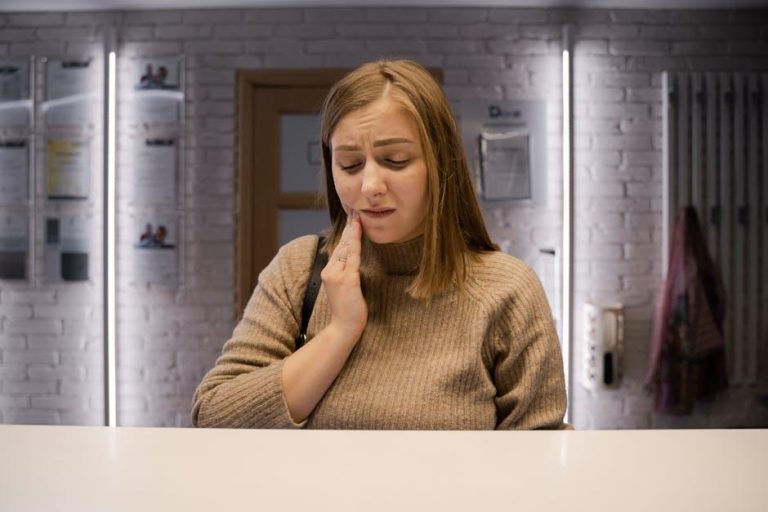1 in 3 Kids Has Dental Problems, Poll Finds – What Parents Need to Know
Dental health in children has emerged as a significant concern in the U.S., with a recent poll indicating that 1 in 3 kids has dental problems. These findings, spotlighted by U.S. News & World Report, urge parents, caregivers, and healthcare professionals to pay closer attention to children’s oral hygiene habits and preventative care. In this article, we unpack the poll results, explore common pediatric dental issues, and offer practical tips for parents to safeguard their child’s smile.
Understanding the Survey: What the Poll Revealed
The nationwide poll, involving thousands of parents and guardians, surveyed children’s dental health status across various demographics. Here are the critical takeaways:
- Prevalence: Approximately 33% of children have experienced some form of dental problem in the past year.
- Most common issues: Tooth decay (also called cavities) and gum disease were the most frequently reported problems.
- Age factor: Children between ages 6-12 had the highest incidence of dental issues compared to toddlers and teenagers.
- Access to care: Kids without regular dental visits were twice as likely to have untreated dental problems.
- Socioeconomic disparities: Lower-income families reported higher rates of dental problems in children.
| Age Group | % with Dental Problems | Most Common Issue |
|---|---|---|
| 2-5 years | 25% | Early Cavities |
| 6-12 years | 40% | Tooth Decay |
| 13-17 years | 28% | Gum Inflammation |
Common Dental Problems Affecting Children
If you’re a parent wondering about what dental issues could be affecting your child, here are the typical concerns reported:
- Dental Caries (Cavities): The most common chronic childhood disease caused by bacteria feeding on sugar and producing acid.
- Gingivitis: Mild gum inflammation from plaque buildup leading to redness and bleeding gums.
- Early Childhood Tooth Decay: Often caused by prolonged bottle-feeding, especially with sugary liquids.
- Malocclusion: Misaligned teeth that may require orthodontic intervention.
Why Children’s Dental Health Matters
Dental problems aren’t just about a smile—they impact overall health and well-being. Untreated dental issues can cause:
- Chronic pain and discomfort.
- Difficulty eating and speaking.
- Lowered self-esteem and social anxiety.
- Risk of infections spreading to other parts of the body.
- Negative impact on school performance and attendance.
Practical Tips to Prevent Dental Problems in Kids
Prevention is key! Here are actionable strategies to maintain your child’s oral health:
Daily Oral Hygiene Habits
- Encourage brushing twice daily using fluoride toothpaste appropriate for their age.
- Assist younger kids until they develop proper brushing technique (usually around age 7-8).
- Introduce flossing once children have adjacent teeth.
- Make oral hygiene fun with games, songs, or colorful toothbrushes.
Nutrition and Diet
- Limit sugary snacks and drinks that fuel cavity-causing bacteria.
- Provide teeth-friendly foods like fresh fruits, vegetables, cheese, and nuts.
- Avoid overnight bottles or sippy cups filled with juices or milk.
Regular Dental Visits
- Schedule the first dental appointment by the child’s first birthday.
- Maintain six-month dental checkups and professional cleanings.
- Discuss preventive treatments like dental sealants and fluoride varnishes.
Case Study: Turning Around a Child’s Oral Health
Jessica’s son, Ethan, struggled with cavities from an early age. By integrating consistent brushing, reducing sugary snacks, and regular dentist visits, Ethan’s dental health improved dramatically within a year. These small but consistent changes made a significant difference in preventing further tooth decay and improving his confidence.
First-Hand Experience: A Parent’s Perspective
“I never realized how important early dental care was until my daughter started complaining of tooth pain. After her first dental visit, the dentist gave us clear guidelines, and now brushing and healthy eating is part of our daily routine. It truly changed our family’s outlook on oral health!” – Sarah K.


